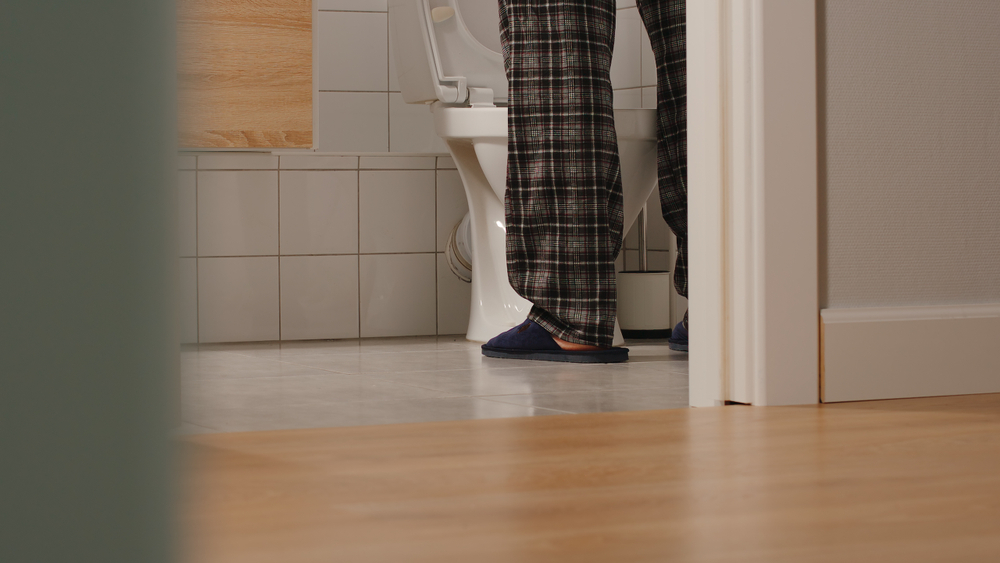Anxiety and the Elderly: Does Anxiety Get Worse With Age?
Category:

Anyone can feel a little anxious at times or even have a full-fledged bout of anxiety, but if a senior adult finds that their anxiety is interfering with their normal daily activities, it may be time to talk to a doctor before it gets worse.
What Is Anxiety?
Everyone deals with anxiety, but there’s a big difference between worrying about meeting a deadline at work or speaking in front of an audience and feeling fear that is intense enough to keep you from doing normal, daily activities.
When a senior adult is afraid to leave their home to be in crowds or have extreme or exaggerated thoughts, then there is a good chance they are dealing with an anxiety disorder.
Symptoms of Anxiety in the Elderly
There are several different types of anxiety disorders that one can suffer from. Each disorder has its own symptoms.
- Phobia: A phobia is an extreme and irrational fear that can be so great that it becomes disabling. You might notice that your loved one is afraid to go outside of their home. They might become afraid to drive a car or develop a sudden fear of thunderstorms.
- Panic Disorder: A person with panic disorder can have panic attacks or a feeling of terror that comes on suddenly. The symptoms can include shortness of breath, fear of dying, chest pains, and dizziness.
- Generalized Anxiety Disorder: This type of disorder tends to be long-lasting. The person always assumes the worst possible event could happen even if there is no reason for it. You’ll also notice daily, exaggerated worry about most aspects of their life. Physical symptoms can include headaches, muscle tension, and fatigue.
- PTSD: If an elderly adult in your life has experienced a traumatic event, they can have flashbacks, and nightmares, and be irritable, easily startled, or even depressed.
Does Anxiety Get Worse with Age?
For some senior adults, their anxiety lessens as they age, but that’s not true for everyone. When it comes to anxiety and the elderly, it can get worse as they get older. Often, this is due to additional worries about health, health-related costs, and losing a partner.
It’s not so much that anxiety attacks in the elderly increase, it’s just that if they have suffered from anxiety for a good part of their life, with the increased concerns that come with being older, they may feel they have more to be anxious about.
Treatment for Anxiety in the Elderly
If a senior adult in your life is dealing with anxiety, it’s important to handle it head-on. For older adults, anxiety not only affects their quality of life but can also increase the risk of death.
Anxiety in elderly treatment options do include medications, but some doctors feel that psychotherapy can be a better first option. This is because medications come with side effects and, with older adults on more medications, there is a greater risk of negative interactions.
Anxiety is a normal part of life, but if you notice your loved one feeling more anxious or no longer taking part in daily activities that they have always enjoyed, it’s time to talk to their doctor.
Subscribe
Date: 2018-11-08
Category:


